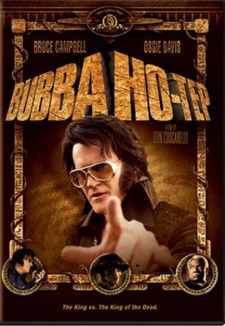Thanks Quasar
The comments are where it's at in the blogosphere. In response to this post, A Tale of Two Stories, reader quasar made the point that subjects like child abuse serve a deeper purpose in schools. It may very well open the door to discussions that benefit the millions of victims who otherwise choose to remain silent. On this point I agree completely, and would like to welcome and thank quasar for joining the discussion.
While I did not fully touch on the topic in the original post, this was the Headmistress' stand in backing her teacher on the subject of Brokeback Mountain. She was quite eloquent and forthright in explaining the mission statement of her school and their curriculum. As Lucy Nazro explains, "...And I led by explaining what it means to be an Episcopal school. We're a school where emphasis is on reason and open inquiry, on inclusiveness, not exclusiveness. An Episcopal school is basically modeled on love. I think the word Christian has been captured,' she continues. 'Maybe in some people's minds a Christian school would not teach Brokeback Mountain. In my mind, being Christian is in how you treat people. I think it's important to open up the world like Kimberly does. What we're hoping will happen is kids will learn about the world, its hurt and its brokenness, and then go out and try to make it a better place."
It was in enviroment that Kimberly Hurd chose to teach both Brokeback Mountain and God of Small Things. And I can see why: if I were a teacher, I would want to teach there; if I were a student, I would want to learn there; as a parent, I would want my children to learn from that kind of school. Which is why my very personal reaction to the second story in this tale came as such a shock.
At this point I must update some information on God of Small Things. Bubba and others, who have actually read the book (I must, must, must make time to read it myself) inform me that the child abuse mentioned is a small part of the overall story. There is also a scene of incest that some might controversial. In all, this was a book with a very strong message, as one must accept Brokeback to be as well.
The question then is, are these books appropriate reading materials for high school students? As Lucy Nazro asked, "Is it the right book for that age of student? Does it fit within the year's curriculum? Will it move students to the next skills level?" Her answers were yes, yes, yes, in both cases. In talking to many others who have read both books and are similar grade level educators, the answer has been mixed.
Without being too oblique, I have my own reasons for finally accepting my own judgment. Yes, students today face far more challenging topics in their every day lives. They live in the day of AIDS, Colombine, pharm parties and cigars. The idea that anything shocks kids today is laughable. Being forced to TALK about these things can't be bad. On the other hand, some subjects may be personally taboo for some students, and a good teacher would make it his/her business to find out why, and help them resolve their problem.
As dear Lucy says, "Life's a whole lot easier when it's black and white. The Episcopal Church deals with grays. And that makes some people uncomfortable." This should go for teachers too. Education is not one size fits all and there are millions of other books to read.

